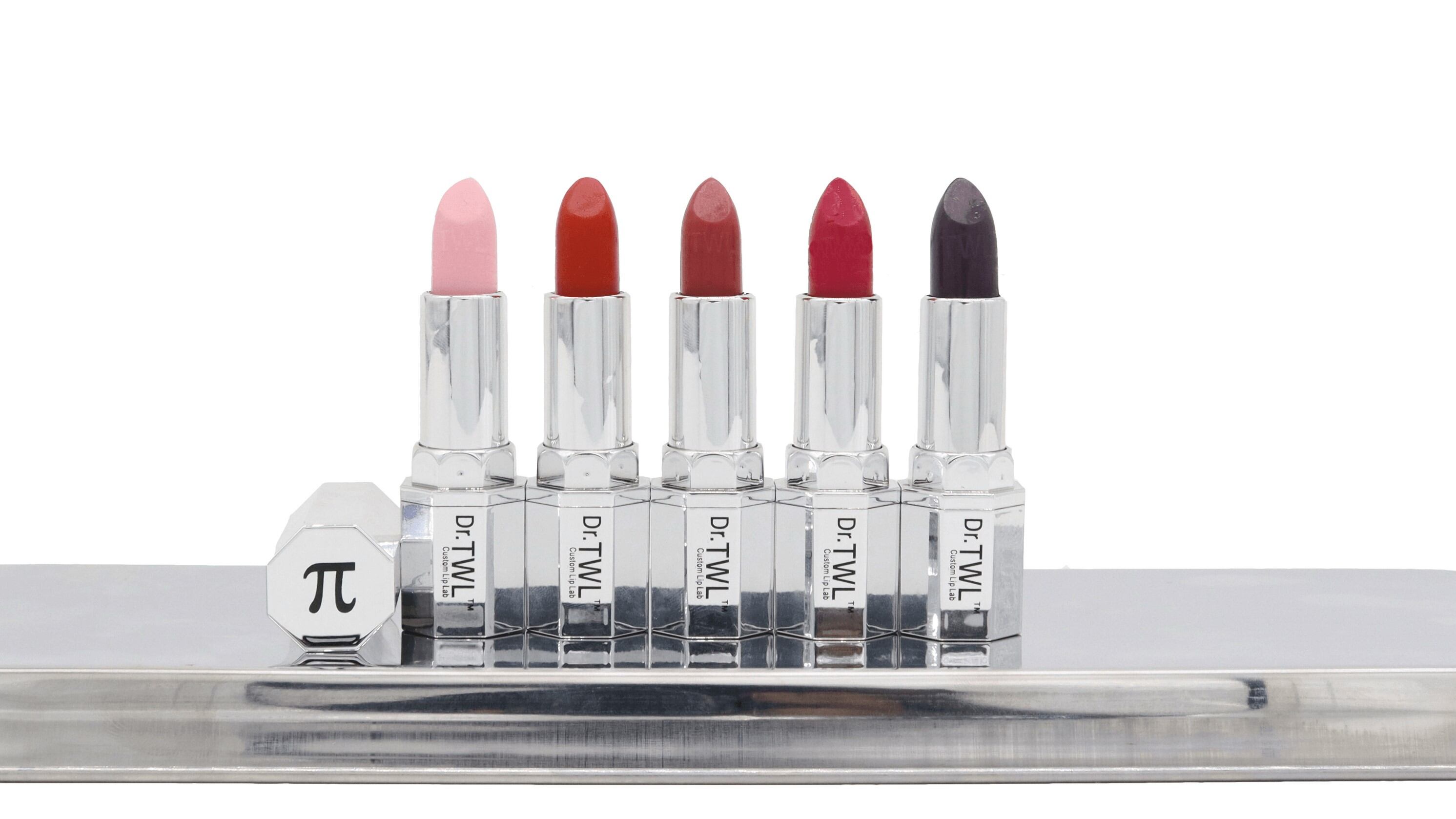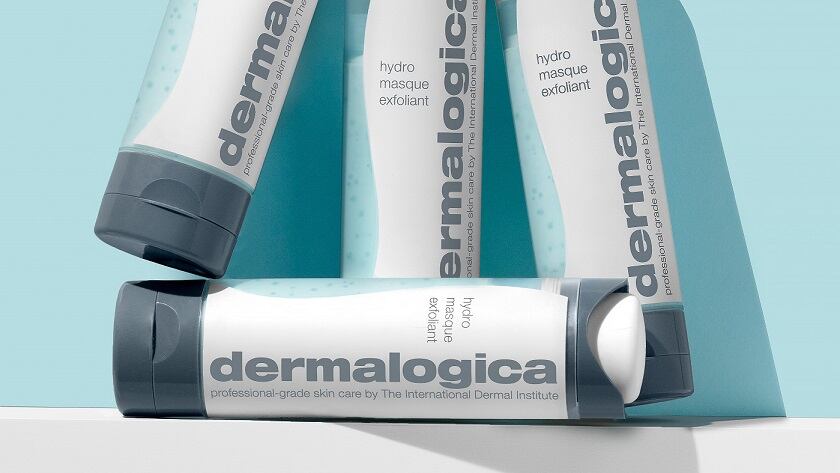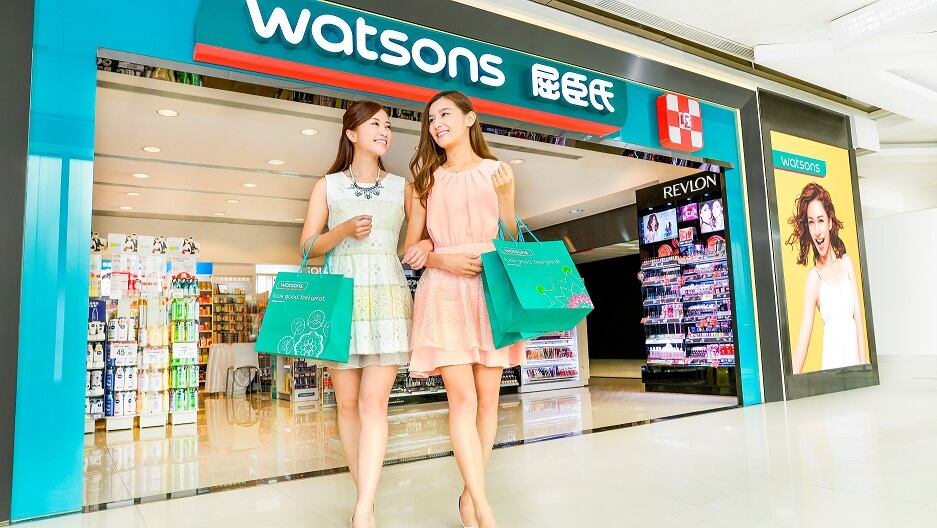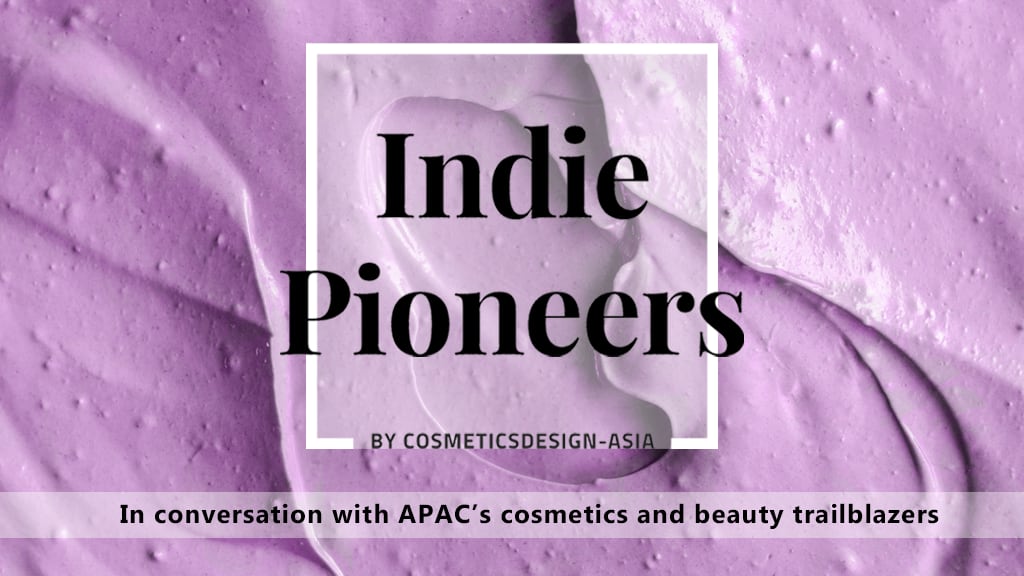Dr. Teo Wan Lin is an accredited dermatologist and the founder of Dr.TWL Dermaceuticals, a cosmeceutical skin care line launched in 2016.
Last year, Teo unveiled the Dr.TWL Custom Lip Lab, where beauty lovers can personalise their very own shade of LipSerum Stick.
The LipSerum Stick was developed to fill a gap in the market for a cosmeceutical lip care product.
“There's a lot of focus on cosmetic skin care but people simply ignore lips. In terms of the therapies that are available for lip ageing, we are very limited to fairly invasive treatment procedures such as injection of lip fillers,” said Teo.
The formula was developed by Teo’s team, which consists of a dermatologist, chemist and pharmaceutical engineer.
It contains cosmeceutical ingredients like phytoceramides, salmon roe DNA extract and vitamin E.
“Cosmeceuticals are an effective bridge for the lip care market simply because the results are more natural than fillers and also promote the concept of skin health and lip health,” said Teo.
Why personalised make-up?
While most would have expected Teo to create a bespoke cosmeceutical skin care line, she explained that she believes that personalising make-up is more “scientifically relevant”.
“Everybody likes the idea that something is bespoke and customised for them but there has to be a certain logic to it as well. Personally, I don't believe in personalisation of skin care. The needs and requirements of healthy skin – and as a dermatologist, I am confident of this point – are universal,” said Teo.
She continued: “However, I would propose there are almost infinite shades of human skin tones. I feel that if there is an area in beauty and personal care that needs personalisation, it will be definitely in the area of make-up.”
She added that personalised colour cosmetics are especially relevant in Asia, where women are preoccupied with achieving fairer skin.
“In Asia, a lot of women try to change their skin tone with lightening treatments, none of which, from a dermatological perspective are safe. From my perspective, what you should do instead is to wear colours that will complement your natural skin tone. When your skin is healthy, your natural radiance will come forth.”
Scaling up the business
The Custom Lip Lab personalises lipstick shades based on the Fitzpatrick phototype that grades skin tone from type one to six.
“We have a device that classifies skin tone via biosensor to a range of one to six. Subsequently, it’s matched to the different shades that are reported by Pantone. The clients' final shade is recorded into the system, matched to a database of colours that would be complementary which we then recommend to the client,” Teo elaborated.
The personalisation service is available on-site at Teo’s practice and administered by trained dermatology nurses.
The service also incorporates a virtual mirror tool to let consumers sample a shade before they make a decision.
Teo noted that with this setup, scalability was a challenge for the business, which is why the company has migrated the services online.
“The way I envision the scalability of this service is taking it virtually where we have the ability to control the entire process in terms of time and ensuring client satisfaction. We currently send over samples of three shortlisted colours in the Virtual Lip Lap Experience before the client chooses the final shade.”
Furthermore, the firm has also developed the Infinity Palette, a do-it-yourself kit which allows consumers to design their own shade with the help of virtual mixer available on the brand’s website.
“The concept of personalisation may not be practical for those who like having many colours and the Infinity Palette is the solution we’ve proposed to allow the individual to easily create their lipstick because we’ve made this base that is easily titratable.”
Additionally, the company also offers the Conscious Rose LIPKIT which consists of the ingredients, pigments and a reusable silicone mould with a rose-shaped tip.
Teo highlighted that she is focused on creating bespoke products, as such, she would not be looking to mass-produce this concept.
With consumer appetite for all things bespoke, Teo expects to see more companies offering personalised beauty services in the future in the personal care industry.
“I think the entire trend of personalisation comes from the sense of empowerment the individual gets when they can have something that is perfectly made to their exact desires.”
However, she cautions that brands should not to jump on the bandwagon for the sake of following fads.
“It requires a lot of technical know-how to properly execute a good concept. You have to first consider the key scientific person involved in the creation of this concept because it’s not easy to create a good product. You have to have a distinct selling point that will make someone prefer your product over a non-custom product.”





